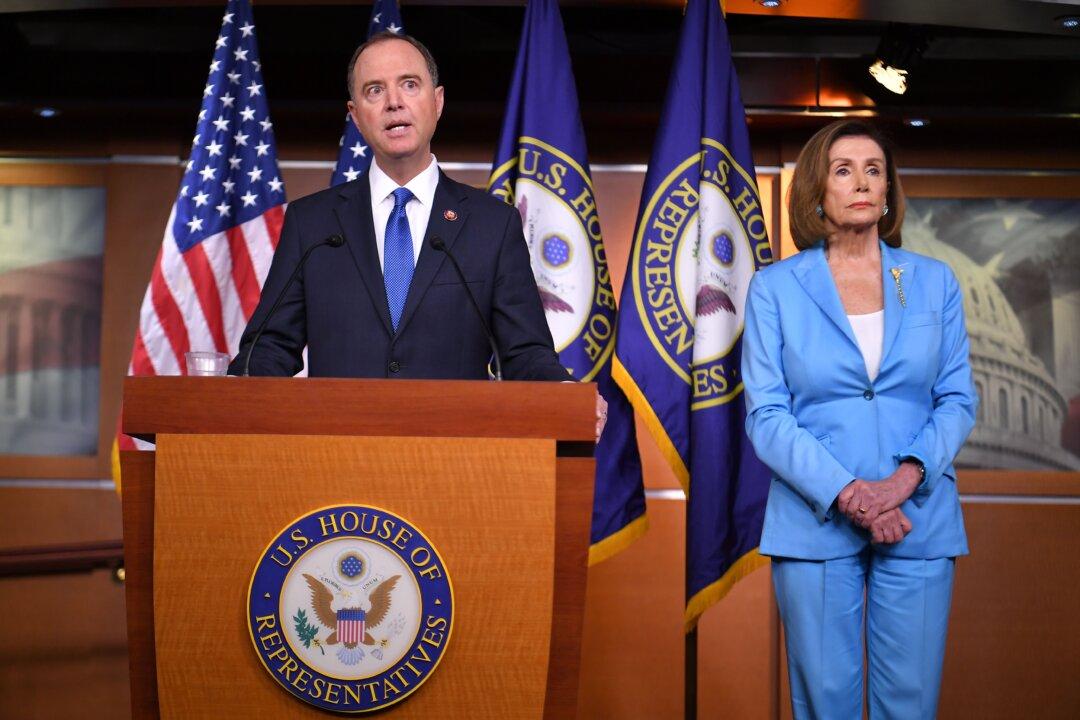House Intelligence Committee Chairman Adam Schiff (D-Calif.) called for public congressional hearings on the Trump administration’s decision to authorize an airstrike that killed top Iranian commander Gen. Qassem Soleimani.
“I think there should be open hearings on this subject,” Schiff, who was in charge of an impeachment inquiry into President Donald Trump late last year, told The Washington Post in an interview published Jan. 6. “The president has put us on a path where we may be at war with Iran. That requires the Congress to fully engage.”





